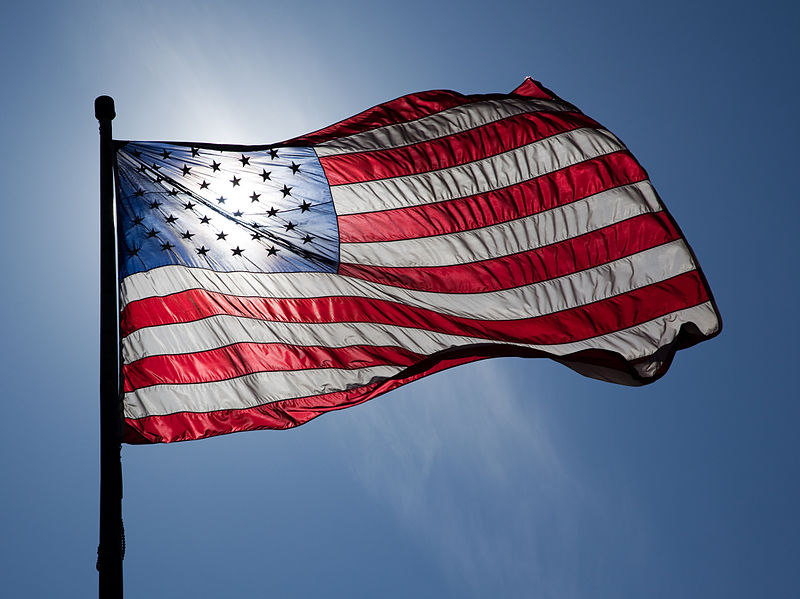Trump’s transgender ban: An unfair deal for those willing to serve
September 15, 2017
From when women were allowed to serve in 1917, to when military segregation ended in 1948, to when gays were accepted in 2011, America has progressed greatly in terms of who is allowed to serve in the military. But the country is taking a step back under President Trump’s administration.
On July 26, President Trump posted a series of tweets via his Twitter handle, @realDonaldTrump, that said the“United States Government will not accept or allow Transgender individuals to serve in any capacity in the U.S. Military.” He continued with “[the] military must be focused on decisive and overwhelming victory and cannot be burdened with the tremendous medical costs and disruption that transgender in the military would entail”.
Transgenders are barred from signing up for the military. Trump left the Pentagon six months to decide what will happen to the transgender people serving. An implementation plan will go into effect March 23, 2018.
Trump said he is “doing the military a great favor” by implementing this ban. But there is no clear evidence regarding how banning transgenders from the military is beneficial at all.
RAND Corporation, a non-profit organization that offers research and analysis to the United States Armed Forces, found that the cost for transgender medical expenses is about $2.4 million to $8.4 million, out of the total healthcare budget of $6 billion. The “tremendous medical costs” for transgender individuals that Trump tweeted about is approximately 0.04 to 0.13 percent of the Pentagon’s total spending on healthcare.
In regard to the disruption that transgenders apparently impose, the numbers are simply too small to be significant. According to RAND, 1,320 to 6,630 transgender men and women actively serve in the U.S. military, a mere one percent of the total 1.3 million who serve.
If transgenders serving did cause interruption, the eighteen other countries that allow their service probably would have banned them as well. Instead, these countries reported their presence has “no significant effect” on unit cohesion, RAND reported. United States commanders reported to RAND that there was an improved attitude toward inclusiveness overall, and operational effectiveness was not negatively affected at all.
Two organizations have already filed lawsuits against the ban. Yet another wave of opposition is approaching the Trump administration due to their unnecessary blasts of discrimination.





